In a significant move, the Nepalese government has decided to renew the license of the privately-owned telecommunication service provider Ncell, albeit with stringent conditions attached. The renewal comes with a facility allowing Ncell to pay the hefty renewal fee of NPR 20 billion in installments over the next five years. However, during this period, the company will be barred from making any changes to its share ownership structure, a condition that has sparked discussions across the corporate and regulatory sectors.
Ncell, one of Nepal’s largest telecom operators, has paid only NPR 4 billion of the NPR 20 billion required for the license renewal. As per the decision of the cabinet meeting held on Thursday, the government has allowed Ncell to pay the remaining NPR 16 billion in installments. The conditions set forth mandate that Ncell must pay NPR 5 billion along with 10 percent interest annually by August 31 each year. This installment plan means that if Ncell pays an additional NPR 1 billion by the end of August 2025, its license will be renewed. Subsequently, the company will have to pay NPR 5.55 billion annually for the next four years to meet the total renewal fee.
The government has taken a firm stance by deciding that the license will be revoked if Ncell fails to submit the first installment by the specified date, indicating a no-compromise approach to compliance with the payment schedule.
Minister of Communications and Information Technology, Prithvisubba Gurung, who also serves as the government spokesperson, provided clarity on the decision. He confirmed that Ncell will be given the facility to pay the renewal fee in four installments, with a 10 percent annual interest rate applied after the first installment is paid. Minister Gurung emphasized that the Nepal Telecommunication Authority (NTA) will be instructed to proceed with this arrangement as part of the license renewal process.
Furthermore, Minister Gurung referred to the government’s earlier decision on February 18, which prevents any changes in Ncell’s share structure that could hinder the automatic transfer of ownership to the government after 25 years. This move is seen as a safeguard to ensure that the state retains a degree of control over the telecommunications sector, especially in a scenario where share ownership might otherwise shift without government oversight.
Ncell’s license, which is due to expire next Sunday, was last renewed under the provisions of the Telecommunication Regulations 2054. Three months prior to the license expiry, on May 27, Ncell submitted an application to the NTA, along with a fee of NPR 4 billion, to initiate the renewal process. This approach mirrors previous instances where the government has granted installment facilities for license renewal, not only to Ncell but also to other operators such as Smart Telecom and the state-owned Nepal Telecom.
However, this installment-based renewal process has not been without controversy. The 58th report of the Auditor General criticized the practice, stating that it is not in accordance with existing laws and could potentially lead to a loss in government revenue. Despite this, Ncell argued that it faced challenges in making a lump sum payment due to declining revenues and sought installment facilities, referencing the concession previously granted to Nepal Telecom.
The ownership structure of Ncell has been a subject of ongoing scrutiny and regulatory review. Currently, 80 percent of Ncell’s shares are held by Spectralite UK, a company whose investor is non-resident Nepali (NRN) Satishlal Acharya. Acharya, a Singaporean of Nepalese origin, purchased these shares from Malaysia’s Axiata Group Berhad last year. The remaining 20 percent of shares are held by Sunivera Capital Ventures, a Nepali company owned by Satishlal Acharya’s wife, Bhavna Singh Shrestha.
Acharya’s acquisition of Ncell’s shares has not yet received approval from the NTA, adding another layer of complexity to the ongoing discussions surrounding Ncell’s license renewal. The Malaysian conglomerate Axiata sold its stake in Ncell for USD 50 million (equivalent to NPR 96.65 billion) citing an unfavorable business environment for foreign investors in Nepal. Axiata had originally acquired the shares from Swedish telecommunications giant Teliasonera in 2015 for USD 1.36 billion (approximately NPR 143 billion at the exchange rate of that time).
The decision to renew Ncell’s license under strict conditions reflects the government’s intent to maintain a tight grip on the country’s telecommunications sector, ensuring that regulatory and financial obligations are met. The installment facility, while offering Ncell some flexibility in managing its finances, also comes with significant pressure to adhere to the payment schedule and the interest rate imposed by the government.
Moreover, the restriction on changes to the share ownership structure until the renewal fee is fully paid raises questions about the future strategic direction of Ncell and the potential involvement of the government in the company’s operations.
As the August 31 deadline for the first installment approaches, all eyes will be on Ncell to see if it can meet the stringent conditions laid out by the government. The outcome of this process will not only determine the future of Ncell’s operations in Nepal but also set a precedent for how the government handles similar cases in the telecommunications sector moving forward.
This decision has also sparked a broader debate about the regulatory environment in Nepal, particularly concerning the treatment of foreign investors and the balance between government oversight and corporate autonomy. As Ncell navigates this challenging landscape, the company’s response to these conditions will likely influence the broader business community’s perception of investment opportunities in Nepal.

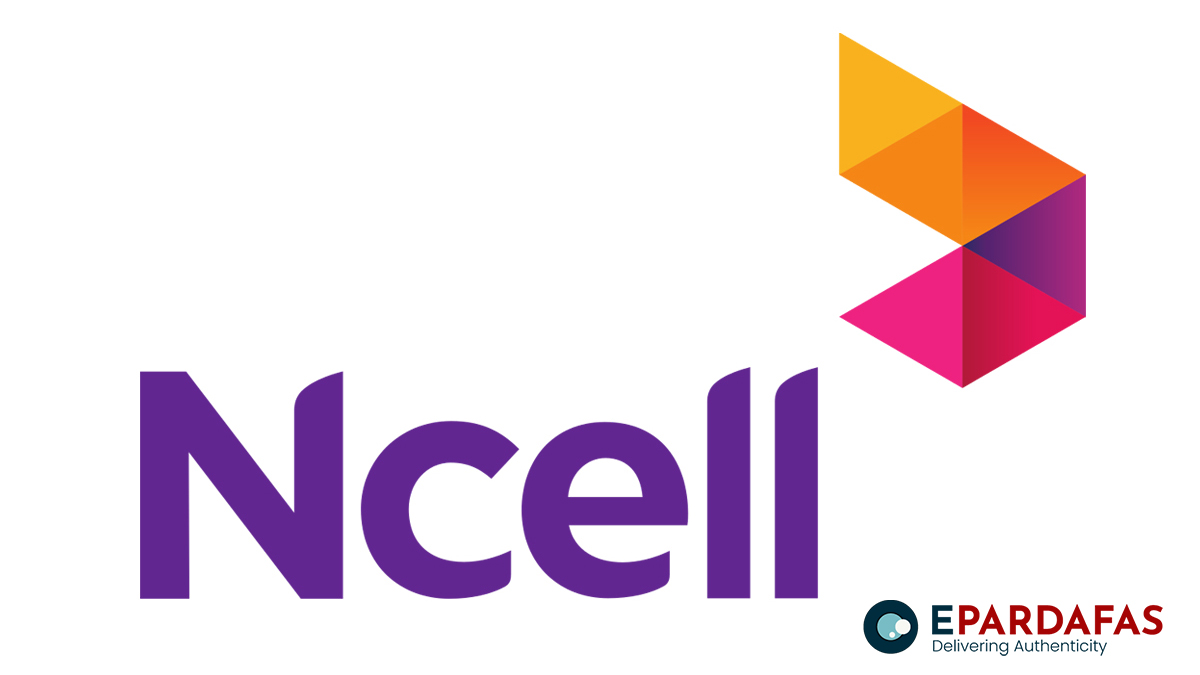
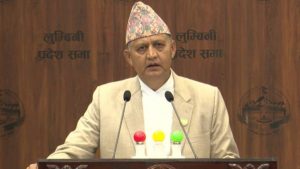
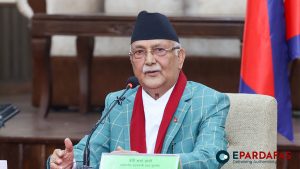

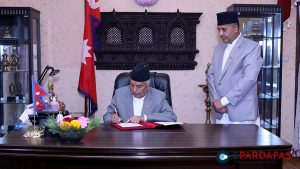
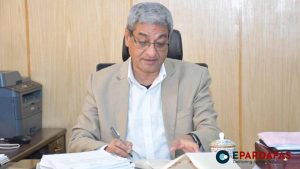







Comments